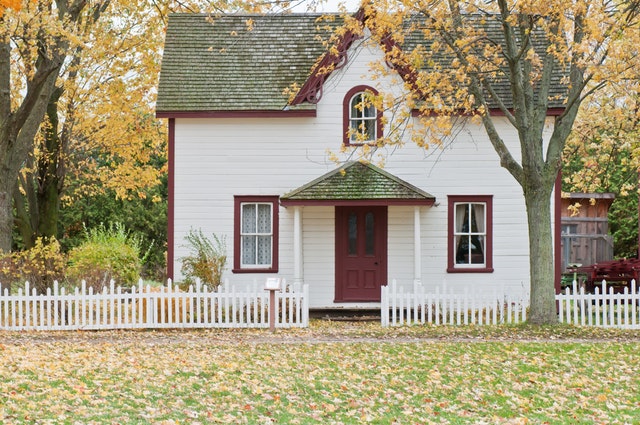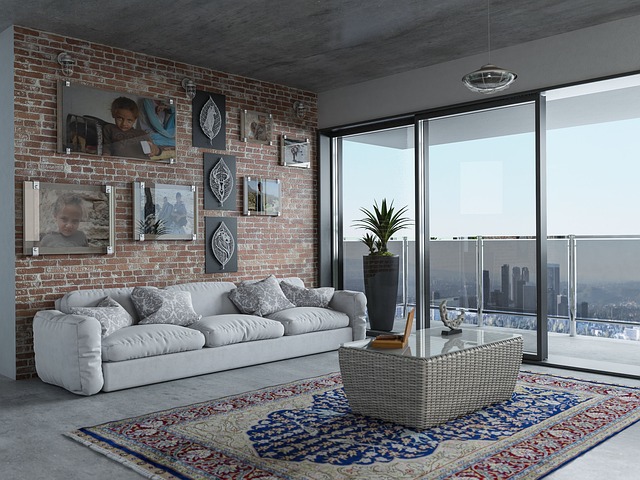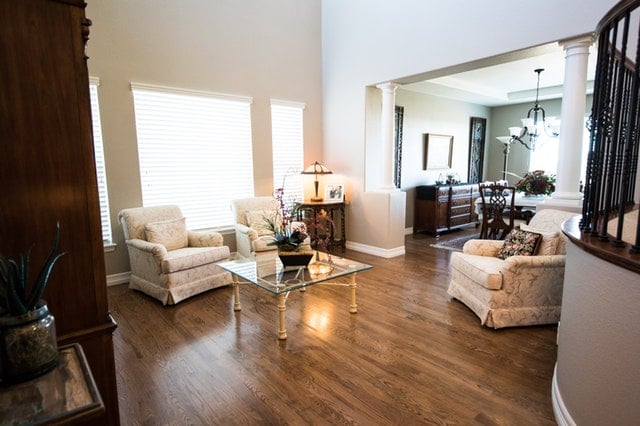There are different types of home loans. Distinct terms and conditions apply in particular mortgages making it different from one another. The process of applying and getting a mortgage approved also differs and depends on how will you use your property purchase. Will it be an investment or are you planning to make a home from this property.
Securing a Mortgage for Owner Occupied Homes
As the name indicates, owner-occupied home loans are mortgage wherein the investment property is intended to be used by the home loan applicant. If you are buying a unit or apartment, or a home with the intention to live in it, it is called an owner-occupied property. If you are going to buy a property, flip it and resell it, then it is considered as an investment. Buying a property with the intention to rent it out is also considered as an investment.
Although, there are some home buyers who lives in their purchased property for some time and then eventually rent it out after moving to a different place. Others have the intention of renting out a property with plans of moving in to that property at a later date. Whatever your future plans are in your property, you will need to live there for a certain period of time to be able to have your home loan categorized as an owner occupied home loan.
What is the property that you purchased is more than one flat or apartment? It can still be considered as an owner occupied home loan if you live in one of the units.
Will Your Type of Home Loan Application Benefit You?
It is important to specify in your loan application whether you are using your home as an investment or if you will occupy your home purchase. This difference can change the interest that you will need to shoulder when repaying your home loan. This is true whether you decide to offset your mortgage, have your interest fixed or in variable or when reconstructing a loan.
Investment loans are more expensive to repay than owner occupied home loans. For example, for a certain property under a variable interest, the interest rate will be at 3.39% for owner occupier loans. The same property under investment mortgages would be at 3.79%. The small different, 0.40% is equivalent to thousands of dollars for a 30-year loan term.
Applying for an Owner Occupied Home Loan
Your finances will be checked and measured using a certain criteria to be able to determine if you are indeed capable of repaying a mortgage. Basic details required for your application includes:
- Value of assets
- Income and liabilities
- Existing debt
- Credit history
- Loan amount to apply
- Type of loan to obtain
Before you settle with a particular type of mortgage, it would be ideal to consult with a home loan specialist. Unlike working directly with a bank or a lender, a mortgage specialist can provide you with several options, mostly working within your personal finances, at a shorter period of time. A loan specialist can also help you cut overhead expenses and assess the financial impact of different interest rates on your situation.
A mortgage specialist can also help you with the actual preparation of documents for your loan application. It saves you time as mortgage brokers will do the leg work for you. After submitting your application, the bank or lender will contact you for possible additional requirements such as the following.
- Financial statements
- Payslips
- Tax documents
- Proof of sale of property
- Documents for your current assets and liabilities
Other Considerations When Applying for Owner Occupied Home Loans
Submit the necessary information required in your mortgage application to avoid misinterpretations on your true intentions for the property that you are applying a home loan for. Do not commit occupancy fraud just to save in interest rates. Your mortgage broker works for you but they will also protect the bank or lender from such situations. You are also protected in the process because there are consequences in obtaining an owner-occupier mortgage but for investment purposes.
You can rent out your home, eventually, even under an owner-occupied home loan after a specific period of time. However, your intentions in applying for an owner-occupied home loan should be entirely for living in the property. However, in the event that you decide to live overseas, downsize or live in a different state, you should have at least lived in your owner-occupied loaned home for a specific number of years as implied by your bank or lender.
Your home loan, also, is not entirely tax deductible. If you decide to move out of your home and then purchase another new home to move in, your old home becomes a taxable asset. When you sell your old home, your capital gain made on the sale will be calculated, but, will be reduced proportionally based on the length of your stay in your old home.
This is an example. If you lived in your old home for 15 years and later rented it out for 10 years, your capital gain would be reduced to 60% This is for the 15 years you have live in it and 25 years of property ownership.
Moving out of your home and renting a different one makes your old home a taxable asset. Selling your original home requires you to calculate the capital gained from the sale, but such gain will be reduced.
Still has questions? You can talk to one of our mortgage specialist here in Intellichoice Finance to learn more.






